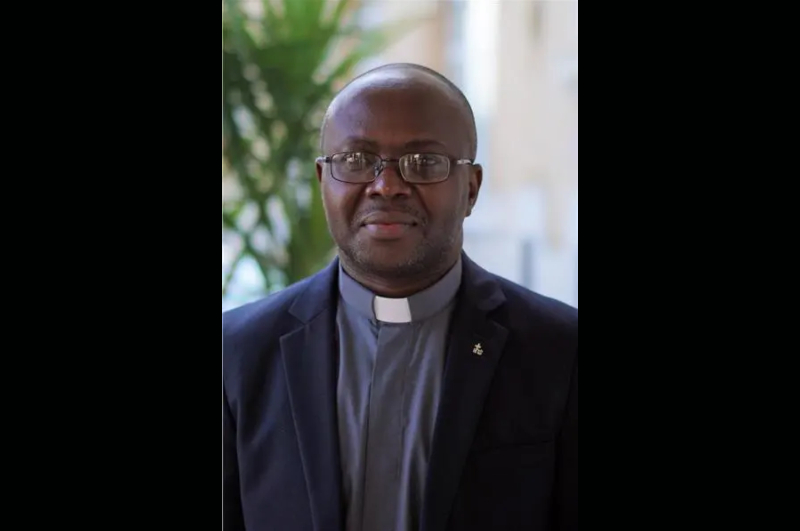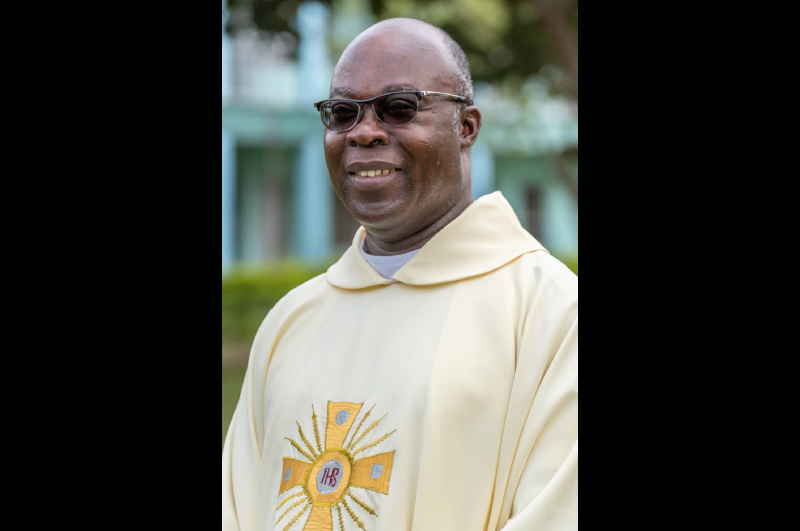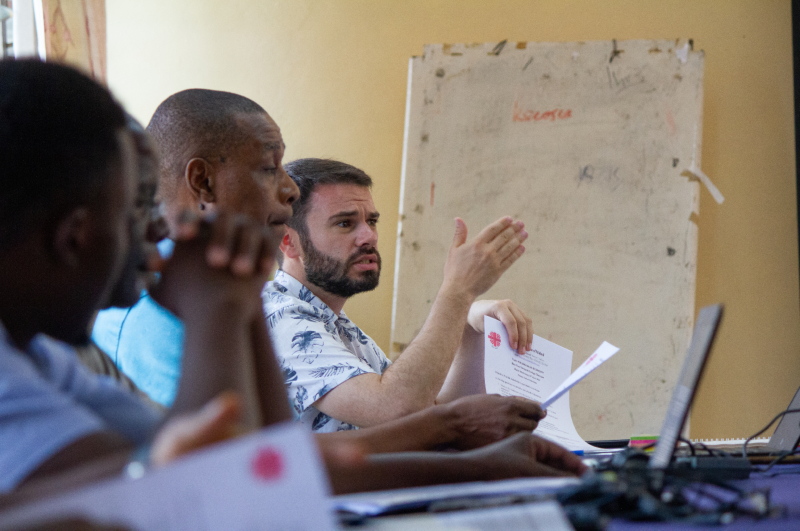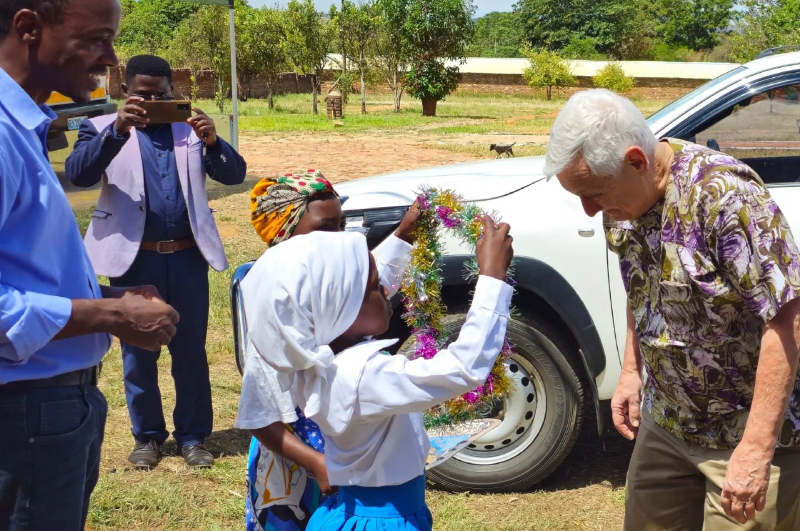

Hekima University College’s 2024-2025 series of public lectures kicked off in September with two thought-provoking presentations that examined the Church’s evolving role in addressing Africa’s unique challenges.
The lectures, delivered by prominent Jesuit scholars, underscored the need for a transformative Church that not only nurtures the spiritual lives of African Catholics but also actively engages in social, political, and economic change.
The Church Africans Need: A Dramatic Ecclesiology for Today’s Crises
The first lecture, titled “The Church Africans Need,” was delivered by Fr. Dieudonné Mbiribindi, SJ, a professor of philosophy at Université Loyola du Congo (ULC) and theology at Hekima University College. The lecture centered on the theme of ecclesiology and its practical implications for the Church in Africa, 30 years after the landmark First African Synod on Evangelization in 1994.
In his address, Fr. Mbiribindi called for a “dramatic ecclesiology” as a response to the continent’s pressing social and political crises. Drawing on the insights of three Popes—John Paul II, Benedict XVI, and Francis—Fr. Mbiribindi explored the evolving vision of the Church. He noted that while John Paul II focused on moral principles, and Benedict XVI offered theological depth, Pope Francis has emphasized the Church’s concrete engagement with the poor and marginalized, particularly in the Global South. This shift, Fr. Mbiribindi argued, is critical in addressing Africa's complex challenges, such as rapid urbanization, environmental degradation, political instability, and widespread poverty.
Fr. Mbiribindi proposed a “dramatic ecclesiology” modeled on Raymund Schwager’s dramatic theology, which engages directly with the hardships and suffering of African life. He emphasized that the Church should not merely preach the Cross as a symbol of suffering but recognize it as a symbol of redemption and transformation. In the face of crisis, the Church’s mission, he argued, is to act as an agent of social justice, reconciliation, and healing, integrating both spiritual and material concerns. The Church in Africa, according to Fr. Mbiribindi, must be a transformative force—one that responds to the social and political realities, working toward a society that is just, peaceful, and equitable.
Celebrating 50 Years of Small Christian Communities: A Vision for the Future
The second lecture, delivered by Fr. Emmanuel Chimombo, Deputy Secretary of the Association of Member Episcopal Conferences in Eastern Africa (AMECEA), examined the 50-year legacy of Small Christian Communities (SCCs) in Africa. His talk, “Small Christian Communities at 50: Past, Present, and Future,” highlighted the significant role these grassroots structures have played in the Church’s mission across the continent, especially in Eastern Africa.
Fr. Chimombo traced the origins of SCCs to the post-Vatican II Church, which sought to create more participatory and community-based forms of faith practice. SCCs, which are typically small, localized gatherings of laypeople, have provided a space for Bible study, mutual support, and the promotion of lay leadership. Over the decades, these communities have become the backbone of Catholic life in Africa, fostering a model of Church that emphasizes solidarity, social justice, and pastoral care.
However, as Africa experiences rapid urbanization and migration, many communities are finding it difficult to maintain the intimate, close-knit nature of SCCs. Fr. Chimombo acknowledged these challenges but emphasized that SCCs remain an essential part of the future of African Catholicism. Despite the changing landscape, he argued that SCCs continue to embody the Church’s core mission of evangelization, community building, and service to the marginalized. They offer a platform for reflection, personal growth, and social transformation, and thus remain vital in nurturing the faith in Africa's rapidly changing social context.
The Church’s Role in Africa’s Transformation
Both lectures presented compelling visions for the Church’s role in Africa, emphasizing the need for a Church that is not only concerned with spiritual matters but also deeply involved in the social, political, and cultural realities of the continent. Fr. Mbiribindi’s call for a “dramatic ecclesiology” underscores the need for the Church to engage actively with Africa’s crises and to help transform them. His vision is one of a Church that lives out the gospel in a way that is contextually relevant to Africa’s suffering, injustice, and inequality.
Meanwhile, Fr. Chimombo’s reflections on the legacy and future of Small Christian Communities remind us that the Church’s strength lies in its ability to foster local, grassroots networks of faith and solidarity. These communities, he suggested, are key to ensuring that the Church remains connected to the everyday realities of its people, particularly in a continent where urbanization and demographic shifts are challenging traditional models of Church organization.
Looking to the Future: A Church that Walks with Africa
The lectures at Hekima University College have ignited important conversations about the future of the Church in Africa, particularly in the context of the ongoing Synod on Synodality. As Africa grapples with ongoing challenges such as political instability, economic inequality, and environmental degradation, the Church is called to not only offer spiritual guidance but also become an active participant in the transformation of society.
As Fr. Mbiribindi and Fr. Chimombo highlighted, the Church must evolve to meet the unique needs of African Catholics, embodying the values of justice, solidarity, and reconciliation. The reflections from these two insightful lectures serve as a powerful reminder that the Church Africans need is one that walks with its people—through their struggles, sharing in their dramas, and working together toward a shared redemption.
In the years to come, the Church’s capacity to adapt and respond to the changing landscape of Africa will be crucial in shaping a more just, peaceful, and transformative future for the continent and the world.
Related Articles
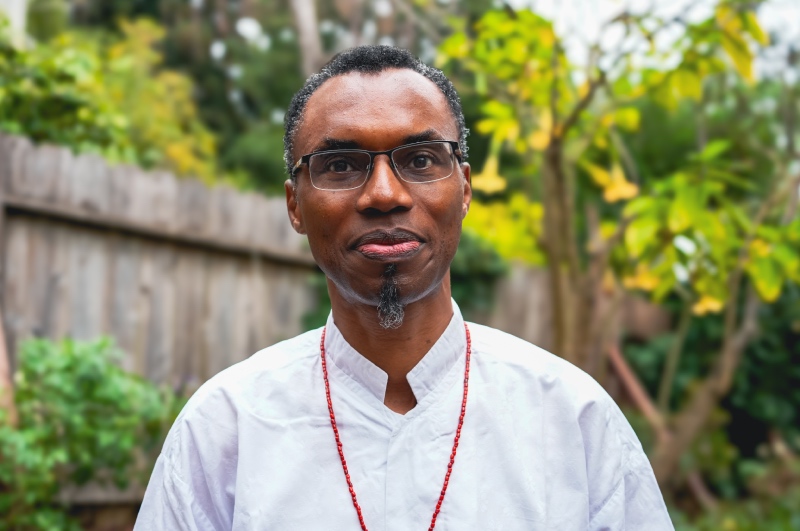
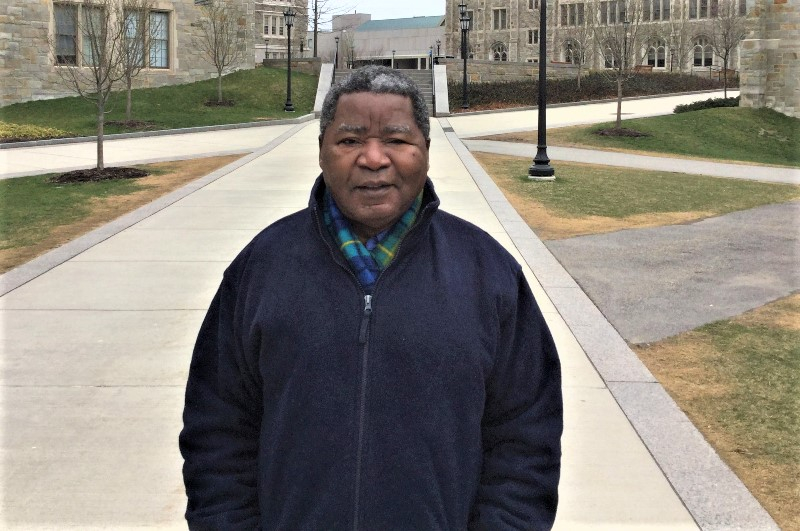


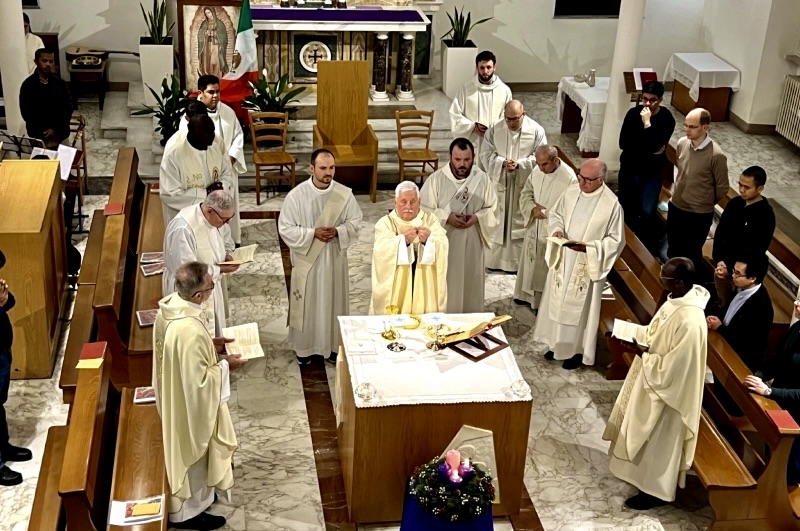
Select Payment Method
Pay by bank transfer
If you wish to make a donation by direct bank transfer please contact Fr Paul Hamill SJ treasurer@jesuits.africa. Fr Paul will get in touch with you about the best method of transfer for you and share account details with you. Donations can be one-off gifts or of any frequency; for example, you might wish to become a regular monthly donor of small amounts; that sort of reliable income can allow for very welcome forward planning in the development of the Society’s works in Africa and Madagascar.
Often it is easier to send a donation to an office within your own country and Fr Paul can advise on how that might be done. In some countries this kind of giving can also be recognised for tax relief and the necessary receipts will be issued.



